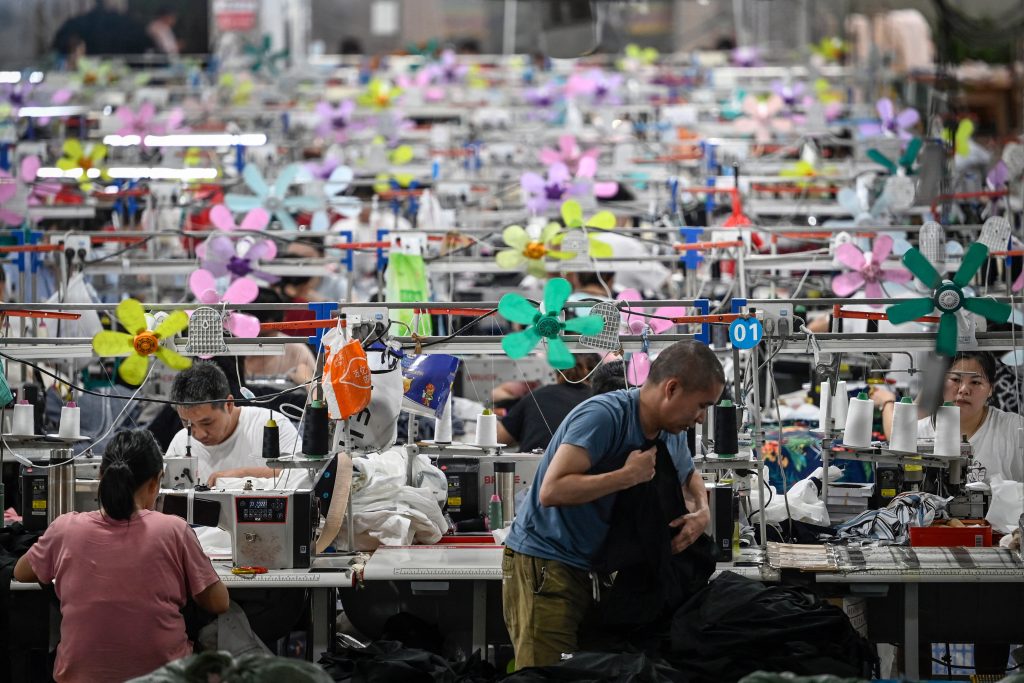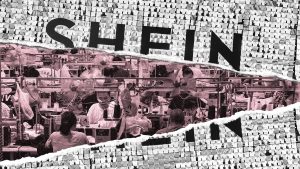AI Has Helped Shein Become Fast Fashion’s Biggest Polluter
AI Has Helped Shein Become Fast Fashion’s Biggest Polluter
In recent years, Shein has become one of the fastest-growing online fashion retailers in the world. With its affordable...

AI Has Helped Shein Become Fast Fashion’s Biggest Polluter
In recent years, Shein has become one of the fastest-growing online fashion retailers in the world. With its affordable prices and trendy styles, Shein has gained a massive following among young consumers.
However, Shein’s rapid growth has come at a cost. The company’s use of artificial intelligence (AI) to track and predict consumer trends has led to an increase in the production of cheap, disposable clothing.
As a result, Shein has been named as one of the biggest polluters in the fast fashion industry. The mass production of clothing, combined with the use of synthetic materials, has had a devastating impact on the environment.
Despite its negative environmental impact, Shein continues to thrive and expand its operations. The company’s focus on fast fashion and constant churn of new styles has made it a favorite among fashion-conscious consumers.
However, with increasing awareness of the environmental impact of fast fashion, Shein may need to rethink its business model and adopt more sustainable practices in order to stay competitive in the long run.
While AI has undoubtedly helped Shein become a dominant player in the fashion industry, it has also contributed to its status as one of the biggest polluters. As consumers become more conscious of the environmental impact of their shopping habits, Shein may need to make some tough decisions in order to stay relevant in the fast fashion market.
Only time will tell whether Shein can adapt to the changing landscape of the fashion industry and reduce its negative impact on the environment.





